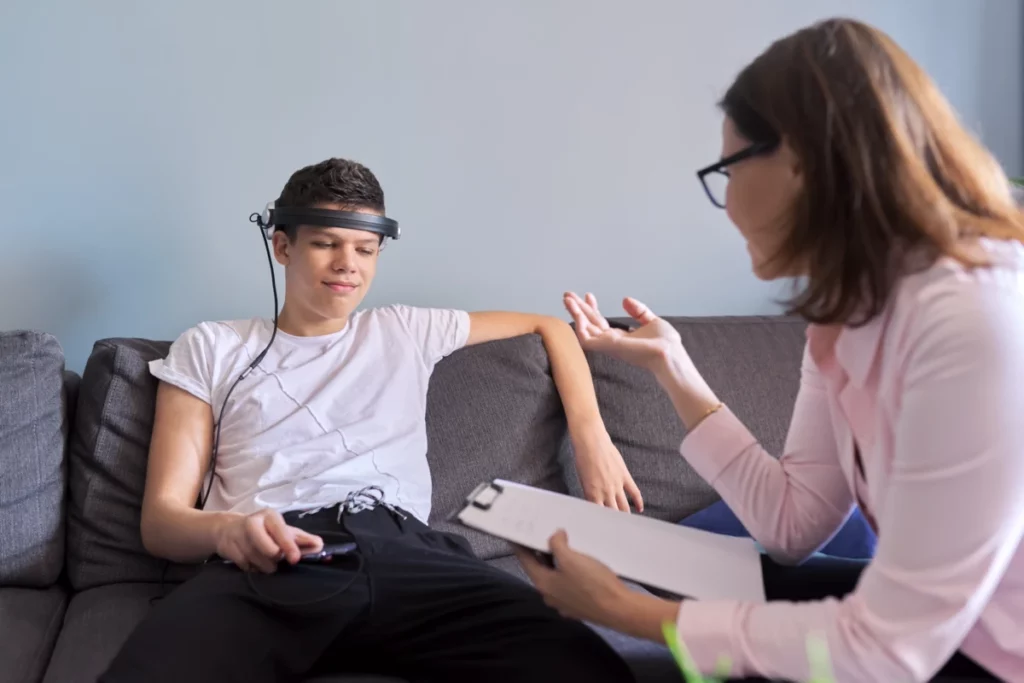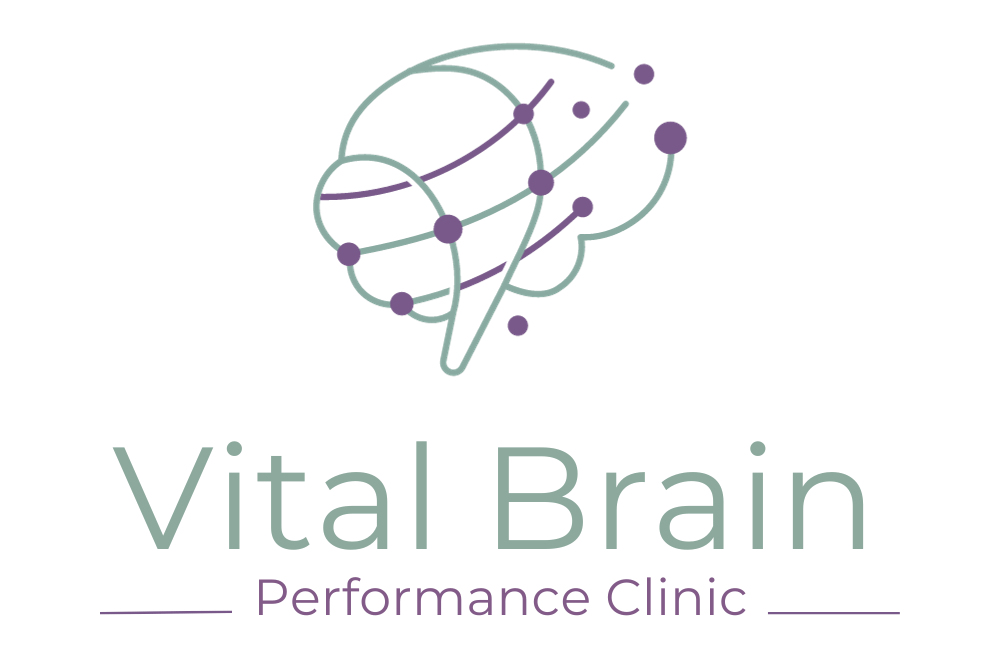Attention Deficit Hyperactivity Disorder (ADHD) can present challenges for both children and their caregivers. While medication is a common approach, many parents seek alternative or complementary strategies for ADHD management. Let’s explore two promising options – neurofeedback and nutritional adjustments – that can empower children with ADHD and support their success.
Understanding Neurofeedback: How Brain Training Helps Kids with ADHD

Neurofeedback is a non-invasive technique that provides real-time feedback on brain activity. Here’s how it can benefit children with ADHD:
- Brainwave Training: Sensors placed on the scalp monitor brainwave activity. During neurofeedback sessions, children see visual or auditory feedback when their brainwaves fall into desired patterns associated with focus and attention.
- Improved Self-Regulation: Over time, with repeated neurofeedback sessions, children learn to regulate their brainwave activity, leading to better focus, impulse control, and emotional regulation.
- Non-Invasive and Safe: Neurofeedback is a safe and painless procedure with minimal side effects, making it a suitable option for many children with ADHD.
Research on neurofeedback for ADHD management is ongoing. While results are promising, it’s important to talk to your child’s healthcare professional to determine if it’s the right approach.
Nutrition Tips for ADHD Management: Fueling Your Child’s Brain for Success
The food your child eats can significantly impact their brain function and behavior. Here are some dietary tips for ADHD management:
- Limit Added Sugars: Sugary foods can cause blood sugar spikes and crashes, leading to hyperactivity and difficulty focusing. Opt for whole grains and complex carbohydrates for sustained energy.
- Focus on Protein: Protein is essential for brain development and neurotransmitter production. Include healthy protein sources like lean meats, fish, beans, and nuts in your child’s diet.
- Healthy Fats are Key: Omega-3 fatty acids found in fatty fish, flaxseeds, and walnuts have been shown to improve cognitive function and attention in children with ADHD.
- Hydration Matters: Dehydration can worsen ADHD symptoms. Encourage your child to drink plenty of water throughout the day.
Combining Strategies for a Holistic Approach
Neurofeedback and nutritional adjustments can be powerful tools when used together. By addressing both brain function and dietary needs, you can create a holistic approach to ADHD management that empowers your child.
By exploring neurofeedback, nutritional adjustments, and other evidence-based strategies, you can equip your child with the tools they need to manage their ADHD and thrive. Remember that you’re not alone in this journey. Vital Brain Performance Clinic is here to help you empower your child and navigate ADHD together.




